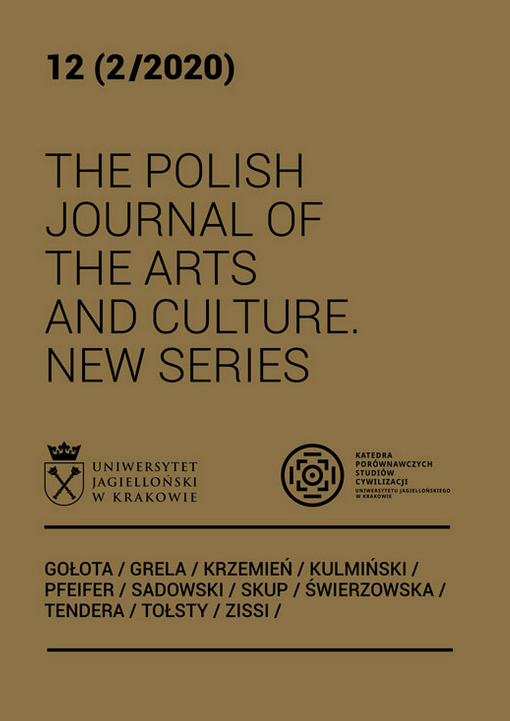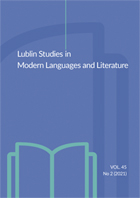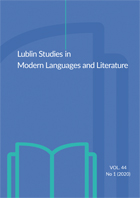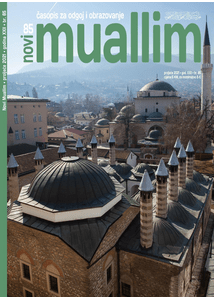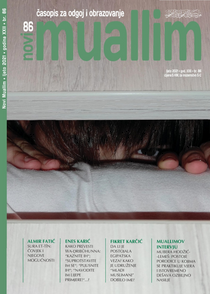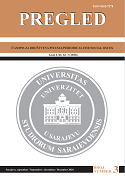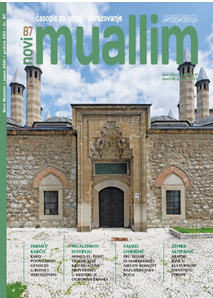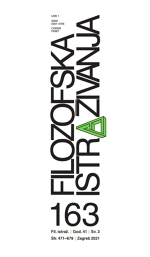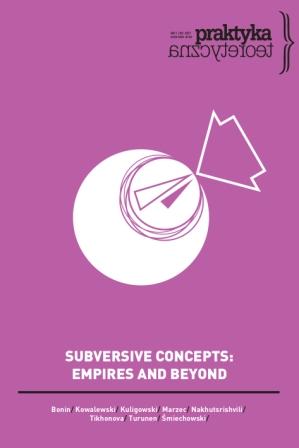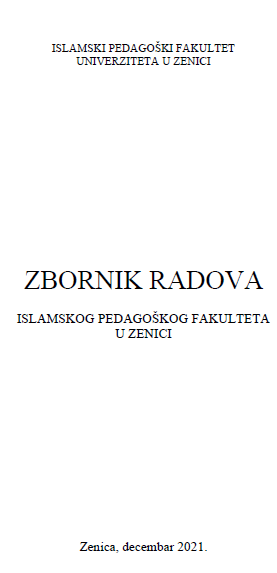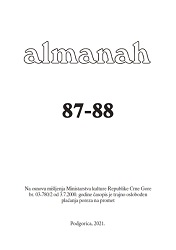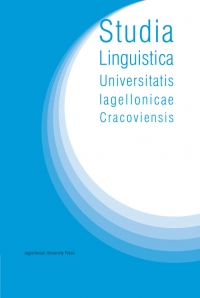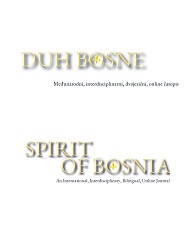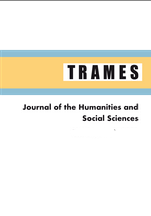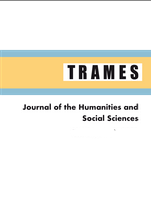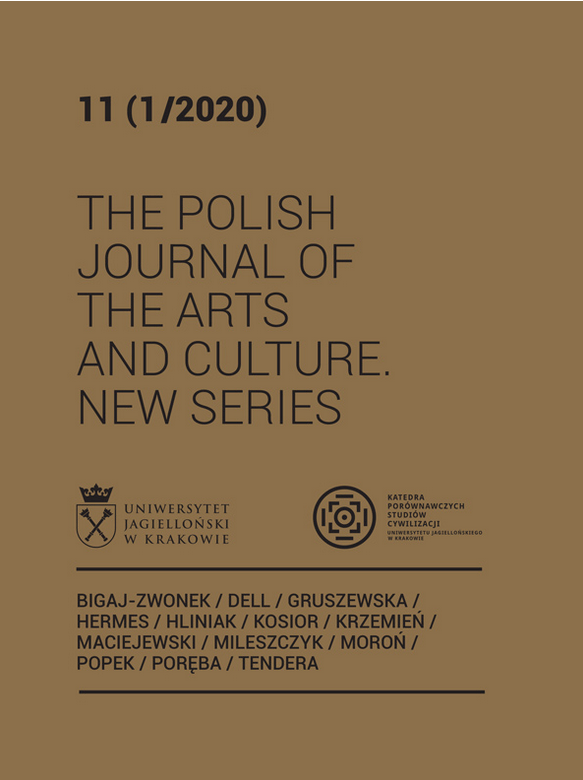
Comments and remarks on the XV Muslim International Forum
Muslim International Forum (MIF) is an entity where the founding and supporting partners are inter alia Religious Board of Muslims of the Russian Federation, International Union of Muslim Scholars, Presidency of Religious Affairs of Turkish Republic, Al Mustafa International University (Qom, Iran), The Institute of Asian and African Studies of Lomonosow Moscow State University, Moscow Islamic Institute, Faculty of Asian, and African Studies of Sankt Petersburg State University (MIF 2019a). The XV Forum was also organised with support of German Muslim organisations (Islamische Federation in Berlin, Zentralrat der Muslime, and Islamrat fur die Bundesrepublik Deutschland). One of the essential goals of MIF is the consolidation of moderate and constructive forces of the Muslim world. Islam of the 21st century stands against unprecedented challenges facing humanity such as numerous military and political conflicts, terrorism and extremism, cultural decline, insufficient scientific development, global health hazards, starvation, but also faces the hijacking of its name by quasi ideology of terrorism, extremism of criminal roots; taking the name of Islam on their banners.
More...
